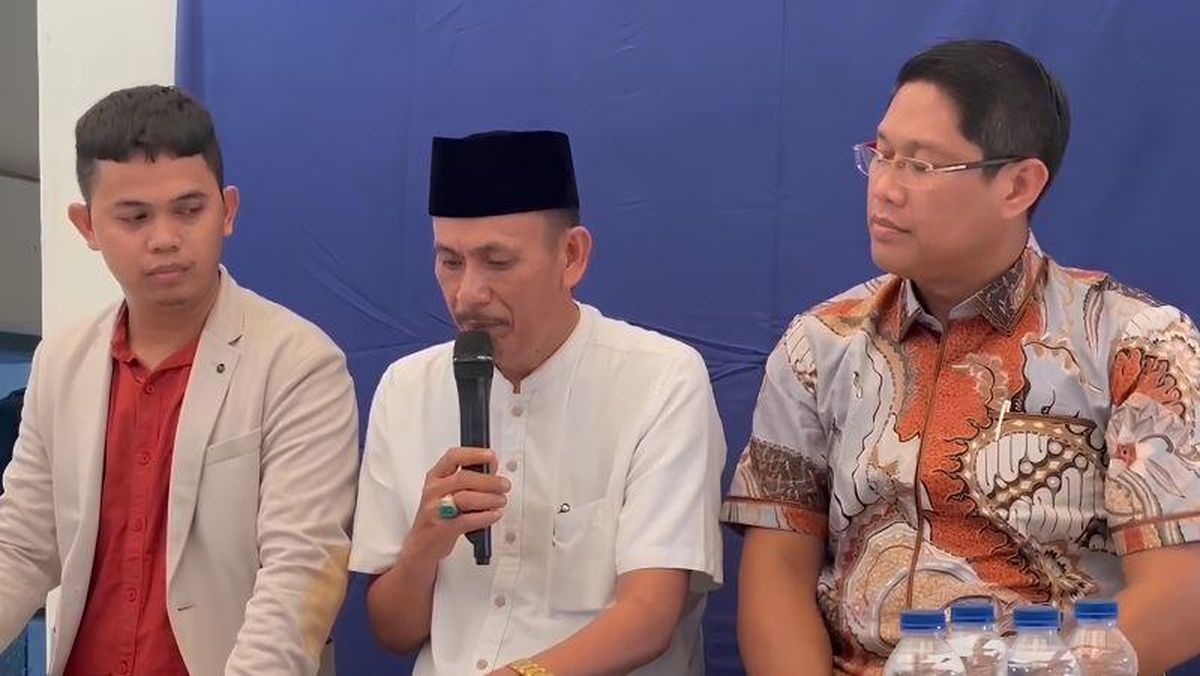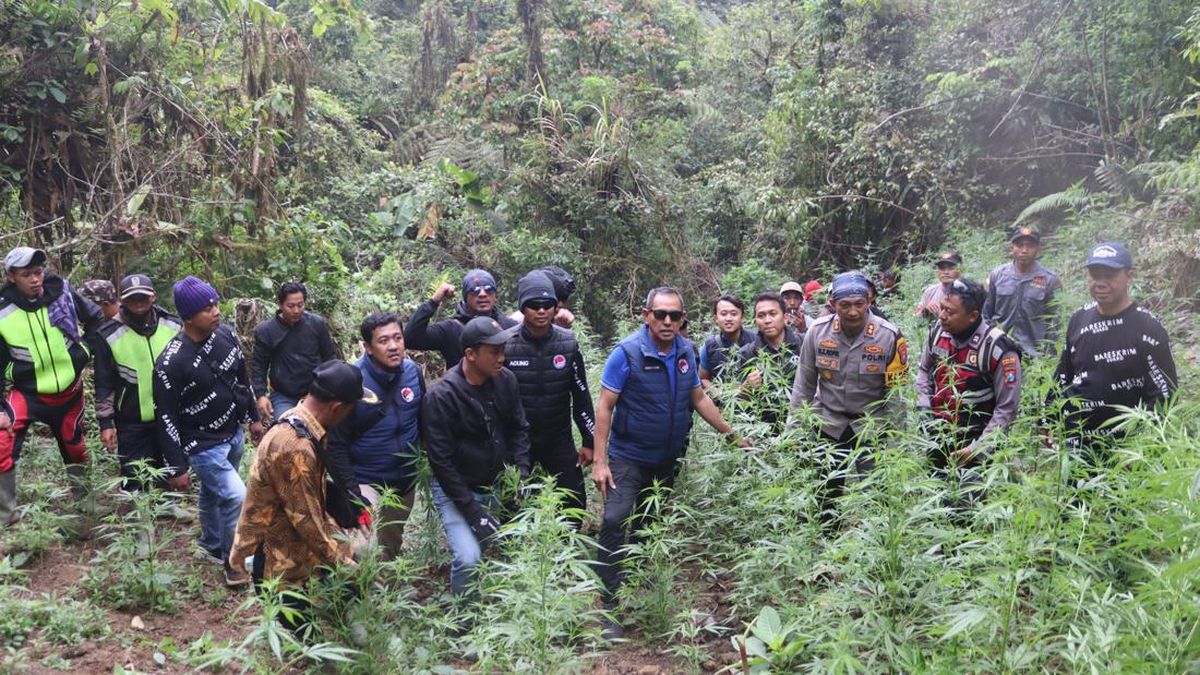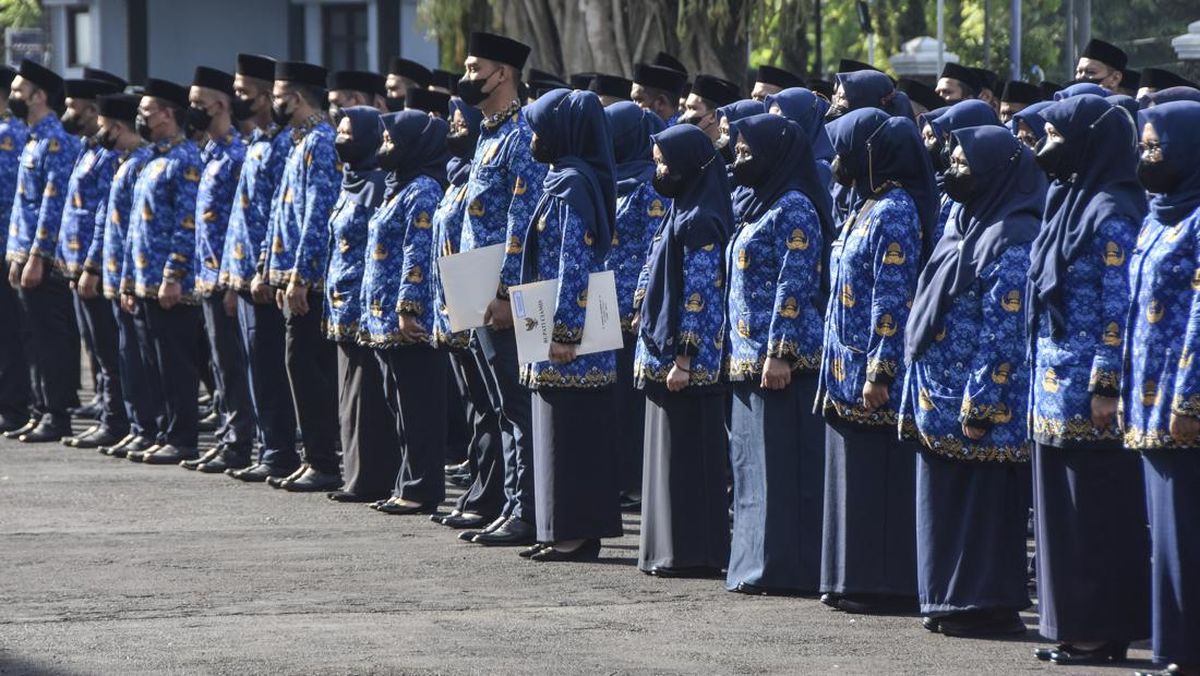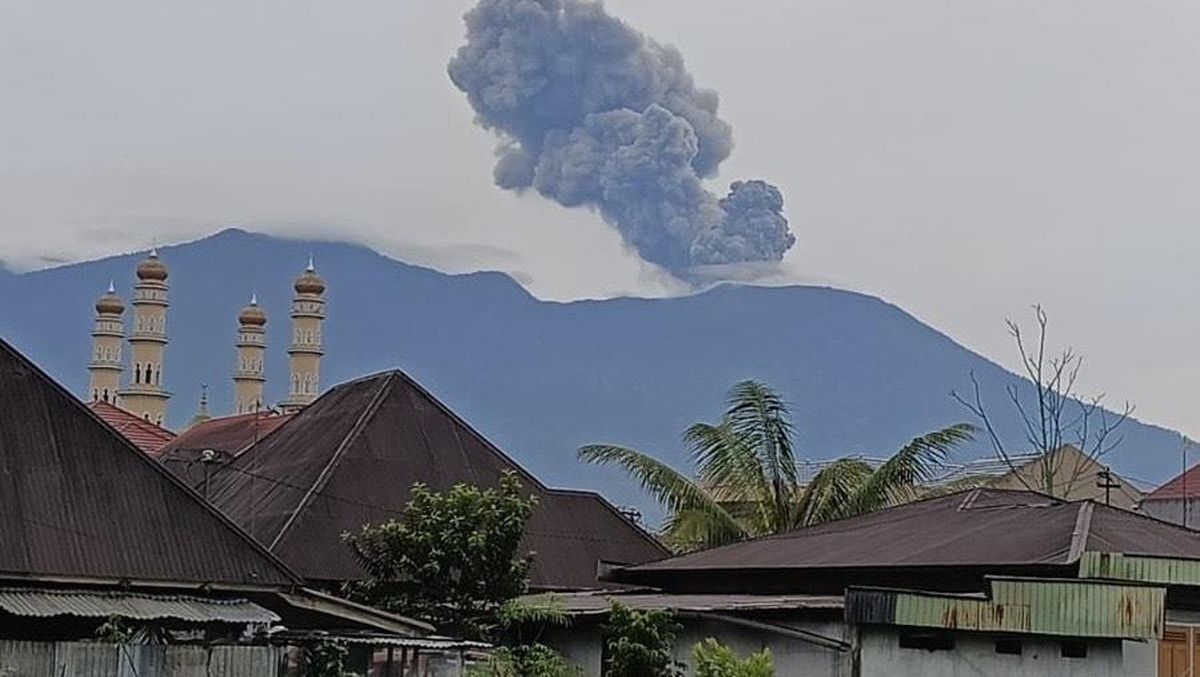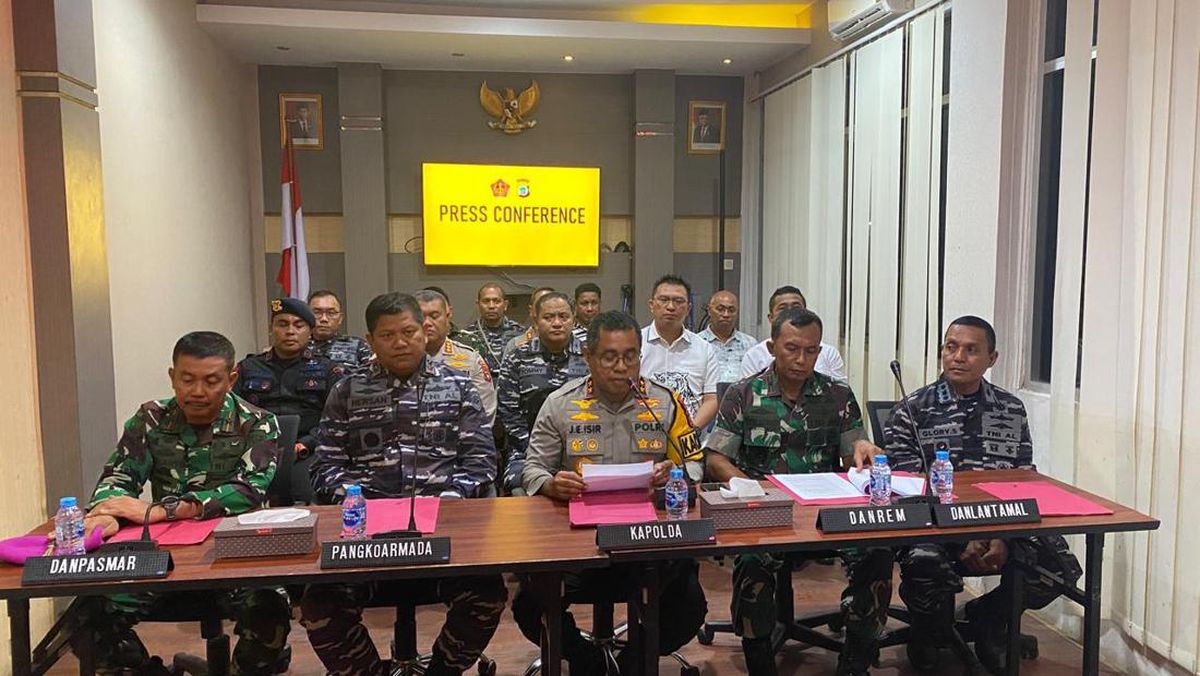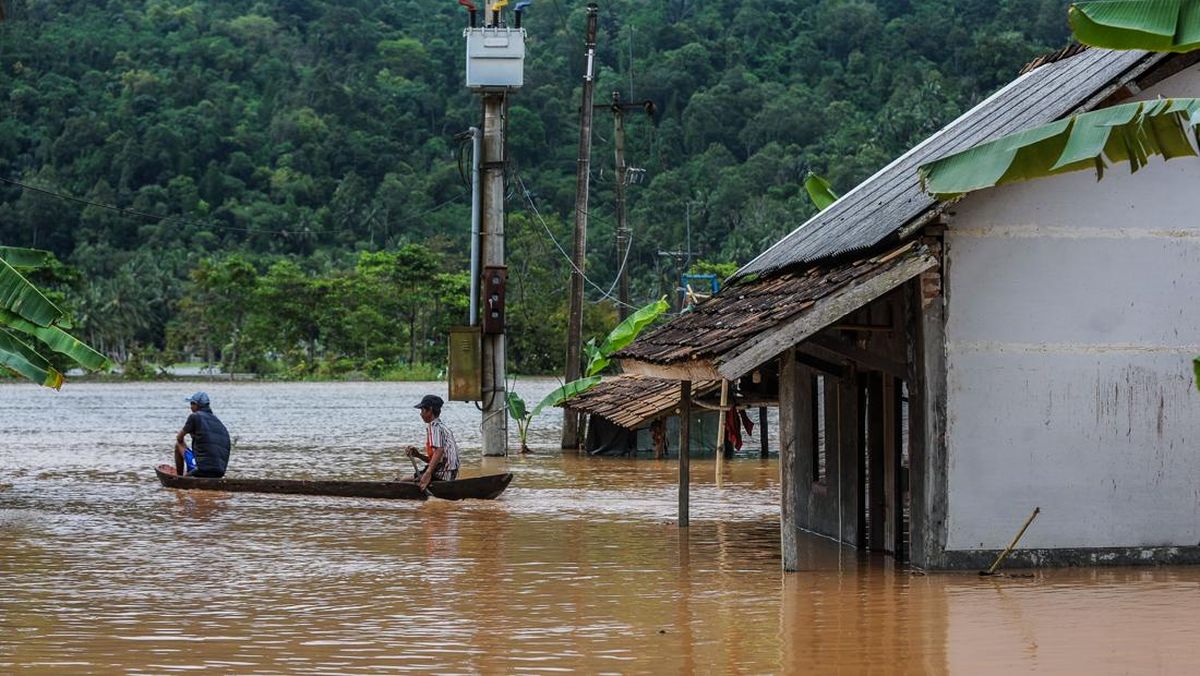
TEMPO.CO, Jakarta - Forestry Minister establishes a task force for the acceleration of customary forest designation. It is just a gimmick without any political sincerity.
THE initiative by Forestry Minister Raja Juli Antoni to establish the Task Force to Accelerate the Designation of Customary Forests could become nothing more than a gimmick if it is not accompanied with real action. A similar team was established at the end of President Joko Widodo’s administration, but the results were far from what had been hoped for. There was no significant change.
There is no need for Minister Raja Juli to establish a new task force in order to take action. Regional governments have so far designated 302 customary areas covering almost 5.4 million hectares. But only 332,505 hectares have been recognized by the central government as customary forests. There are still around 5 million hectares that have not received formal recognition.
The slow pace of recognition reflects a more fundamental problem: the reluctance on the part of the state to fully recognize the existence of customary law. Customary communities and their land have long been considered as more of an administrative burden than as valid legal subjects, as guaranteed by the Constitution.
However, recognition of customary law is mandated by the constitution. Article 18 paragraph 2 of the 1945 Constitution affirms that the state recognizes and respects entities of customary communities and their traditional rights. But the reality is different. The Customary Communities Bill proposed in 2009 still has not been passed into law.
The government has not even drafted regulations on customary law as mandated by article 67 paragraph 3 of the Forestry Law. As a result, there are protracted tenurial conflicts and widening inequality, and the ideals of ecological justice are further away than ever.
The acceleration of customary forests designation needs a breakthrough, not simply the establishment of an ad hoc team. One of the main obstacles is article 67 paragraph 2 of the Forestry Law, which requires recognition of customary communities through a regional government regulation. This procedure has proved expensive and complicated, and frequently becomes hostage to local political dynamics.
Moreover, the article was actually annulled by a Constitutional Court ruling in 2012, which stated that customary forests are not state forests. This means that article 67 of the Forestry Law is void because customary forests are the rights of indigenous peoples. With the Court’s decision, even classifying customary forests as a social forestry scheme is also wrong because the social forestry area is a state forest.
If the government is truly faithful to the constitution, the Forestry Ministry only needs to establish a simple, fast, and nationally integrated administrative data collection system as a database for recognizing customary rights. Instead of setting up a budget-consuming task force, it is more urgent to strengthen the internal institutions of the Forestry Ministry to record and recognize customary forests.
The institutional strengthening should also be accompanied by active collaboration with civil society organizations, customary communities, higher education institutions, and regional governments. In the last decade, this kind of collaboration has proved effective in encouraging the recognition of customary forests. The role of civil society in regional mapping and legal assistance is very important, and cannot be ignored.
The government must abandon its bureaucratic approach to recognizing customary forests. The Constitution affirms that customary forests are the right of indigenous peoples. The state cannot obstruct them for any reason.
A Problem Reserve from the Food Reserve
10 hari lalu

The food, energy and water reserve forest program could add to the problems of forest management. Social forests are still working well.
Forest Data Without Borders: FAO Launches National Forest Inventory Learning Program
34 hari lalu

FAO has launched the "National Forest Inventory (NFI) Learning Journey" at a regional workshop in Bangkok, Thailand, on Thursday.
Forestry Ministry: Indonesia Records 175.4 Thousand Hectares of Deforestation in 2024
38 hari lalu

A total of 69.3 percent of the deforestation area occurred within the forest, with the rest outside the forest area.
The Risks of Handing Out Forest Concessions
56 hari lalu

The government's plan to hand out concessions on conservation forests contradicts the target of lowering emission. Is this an attempt at greenwashing?
Impunity for Destroying the Forest
58 hari lalu

Investigation into corruption surrounding fines for oil palm plantations in forest area is stalled at the Attorney General's Office.
Indonesian Forestry Ministry Releases 497 Orangutans Back into the Wild
22 Januari 2025

These orangutans were rescued from various threats, including hunting, illegal wildlife trade, human-wildlife conflict, and illegal captivity.
Greenpeace: Conversion of 20 Million Hectares of Forest Will Worsen Climate Crisis
8 Januari 2025
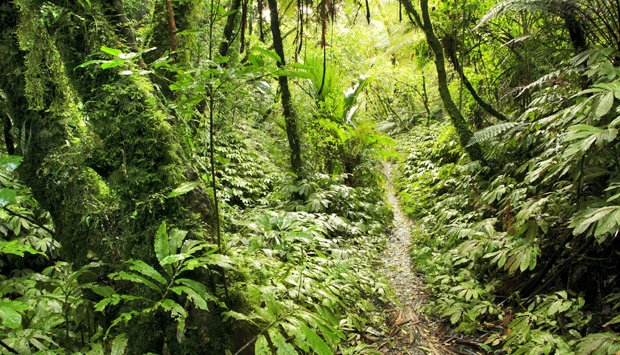
Greenpeace Indonesia criticized the government's plan to convert 20 million hectares of forest into land for food, energy, and water.
Celios: Central Govt's Dominant Role in Food Estate PSN Violates Papua's Special Autonomy
23 Desember 2024

Overall, the Merauke food estate area consists of five clusters and is spread across 13 districts.
Indonesian Forestry Ministry Reveals Investigation Results of Elephant Death in Aceh and Jambi
2 Desember 2024

Indonesian Forestry Ministry discloses investigation results of the cause of death of a number of elephants in Aceh and Jambi provinces.
Indonesian Forestry Ministry Prepares 8 Million Hectares of Land to Support Food Self-Sufficiency Program
26 November 2024

Indonesian Forestry Minister Raja Juli Antoni says that there are 8 million hectares of land to support food self-sufficiency program.


























